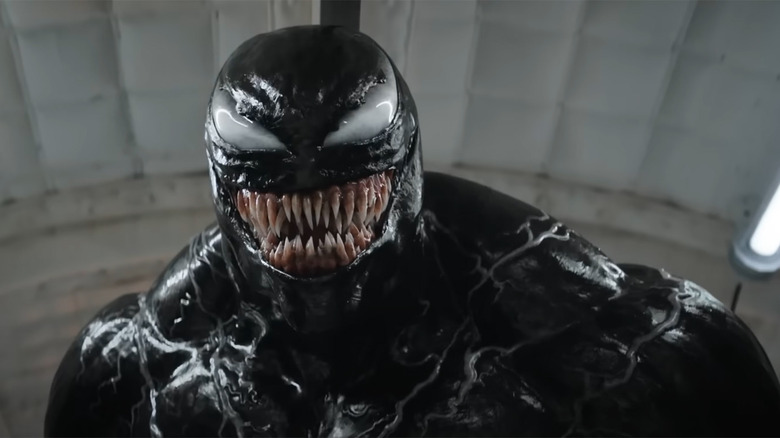
Sony Pictures
This post contains spoilers for "Venom: The Last Dance."
Marvel Studios and the movies of the Marvel Cinematic Universe turned credits scenes into movie marketing, and blockbusters have never been the same since. Sure, there were plenty of films that had mid-credits or post-credits scenes before the MCU came along, but Marvel made them exciting (almost to their detriment), so much so that they became full topics of discussion unto themselves because they teased what was yet to come in future franchise installments. The credits scenes delivered surprising revelations, name-dropped Marvel Comics characters yet to come, and even set up entire story arcs.
Unfortunately, the Marvel movies from Sony Pictures have never really gotten a handle on how to do that effectively, and that trend continues with the third chapter of the "Venom" franchise."
"Venom: The Last Dance" is in theaters this weekend, and as has become customary with Marvel movies, there are a pair of credits scenes. One of them unfolds halfway through the credits and teases that there's plenty more to come from the villain Knull, played by Andy Serkis in the character's big screen debut. But the other is rather perplexing, and unless you were really paying attention throughout "Venom 3," you might be wondering exactly what the hell it means.
Thankfully, we're pretty sure that we know what the "Venom 3" second credits scene means, and as confusing as it might be, it's actually pretty standard sequel-teasing stuff.
Setting the stage for the Venom 3 credits scene
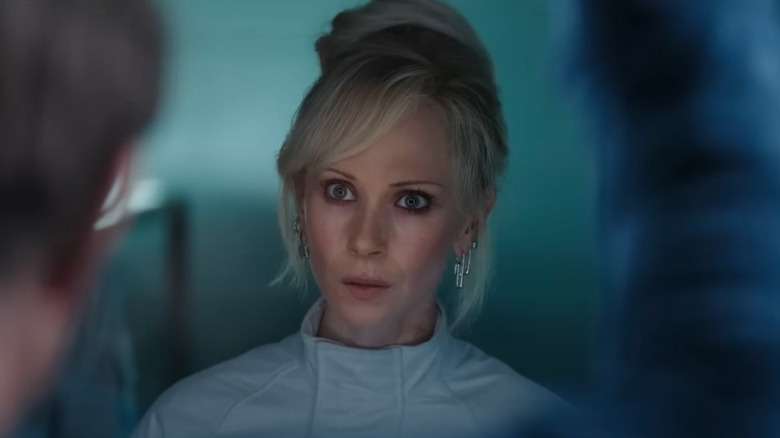
Sony Pictures
Early on in "Venom: The Last Dance," Juno Temple's character, Dr. Teddy Payne, shares an exchange with one of her fellow scientists that mentions the fact that cockroaches will outlive humans, and they've been living on the planet for around 230 million years. Payne works at a secret lab that's deep underground the recently declassified desert base of Area 51. (It might seem like a dumb idea to put an actual government facility underground where people previously thought secret alien subjects and tests were being held, but then again, hiding in plain sight in a place suddenly not-so-secret just might be brilliant. But I digress.)
It's here that Payne and an entire team of scientists are studying the symbiotes that they've retrieved so far. They're holding six of them, each with a different color. They're also about to play host to Detective Mulligan (Stephen Graham), who is actually still alive. Though the public and law enforcement believes that Eddie Brock killed Mulligan, he's actually alive thanks to the remnant of Carnage that still resided in his body at the end of "Venom: Let There Be Carnage." But as a quick line of exposition reveals, that symbiote left his body at some point, putting him on the verge of death, so the lab chooses to inject one of their symbiotes into Mulligan's body to establish communication and also keep him alive. Sure, whatever.
Another addition to the symbiote line-up is a small piece of Venom. When Eddie Brock leaves the Mexican bar that he and Venom have been hiding out in since the end of "Let There Be Carnage," he leaves a coin as a tip for the bartender (Cristo Fernández from "Ted Lasso"), which has just a little bit of Venom's symbiote goo stuck on it. That small sample is retrieved by Strickland (the military character played by Chiwetel Ejiofor) and taken back to the aforementioned secret lab. In fact, the bartender is taken back to the lab too. And eventually, after a brief detour in Las Vegas on the way to New York City, Venom and Eddie are both apprehended and taken there as well.
All right, everyone got all that?
In the credits scene of Venom 3, the cockroach is the key
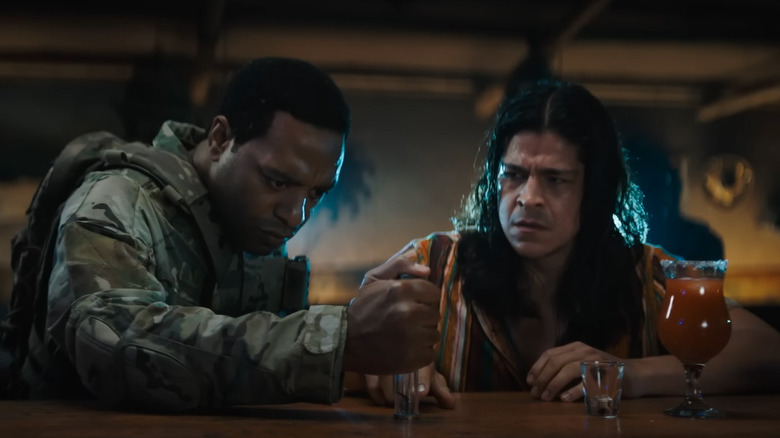
Sony Pictures
The post-credits scene for "Venom 3" unfolds in the aftermath of the final battle that took place between Eddie Brock, Venom, the xenophage creatures sent by Knull to retrieve the codex, and the rest of the symbiotes who tried to stop them but ended up all being killed. In the end, Venom detached from Eddie, attached himself to the handful of xenophages that arrived to retrieve the codex, and killed them all with a combination of acid and a massive explosion from a grenade.
We return to the burnt and generally destroyed surface of Area 51 above the secret lab, and Cristo Fernández's bartender character emerges from a cave to see all the destruction the morning after. The bartender walks with confusion, looking for anyone who can help them. The camera settles on a broken vial sitting on a rock, and suddenly, a cockroach flies in and lands next to it.
What makes this scene particularly confusing is that Juno Temple's character ends up breaking another vial with a symbiote inside of it, and that turns her into the symbiote that seems to be Agony from Marvel Comics. However, this is not the same broken vial. Instead, this seems to be the vial that held the fragment of Venom that Strickland retrieved from that Mexican bar. So what does this mean?
Well, as we saw several times in this movie, Venom can attach himself to various animals, including a horse, fish, and frog. So when the cockroach appears next to this broken vial, we're meant to assume that, just like cockroaches have done for millions of years, Venom will survive. Furthermore, he'll likely live on by attaching himself to that cockroach and eventually finding Eddie again. It might be fun to see an entire sequence at some point where Venom attaches himself to various animals on his way back to Eddie. Maybe that's what the end credits sequence is hinting at anyway, as it shows a bunch of Venom-animal hybrids that we didn't see in the movie, including a squirrel and an elephant.
Will Venom ever make it to New York City himself, so that he might finally see the Statue of Liberty or meet up with Spider-Man? Only time will tell, but for now, we can be sure that we haven't seen the last of Venom, even if the tease for his return was unnecessarily confusing.

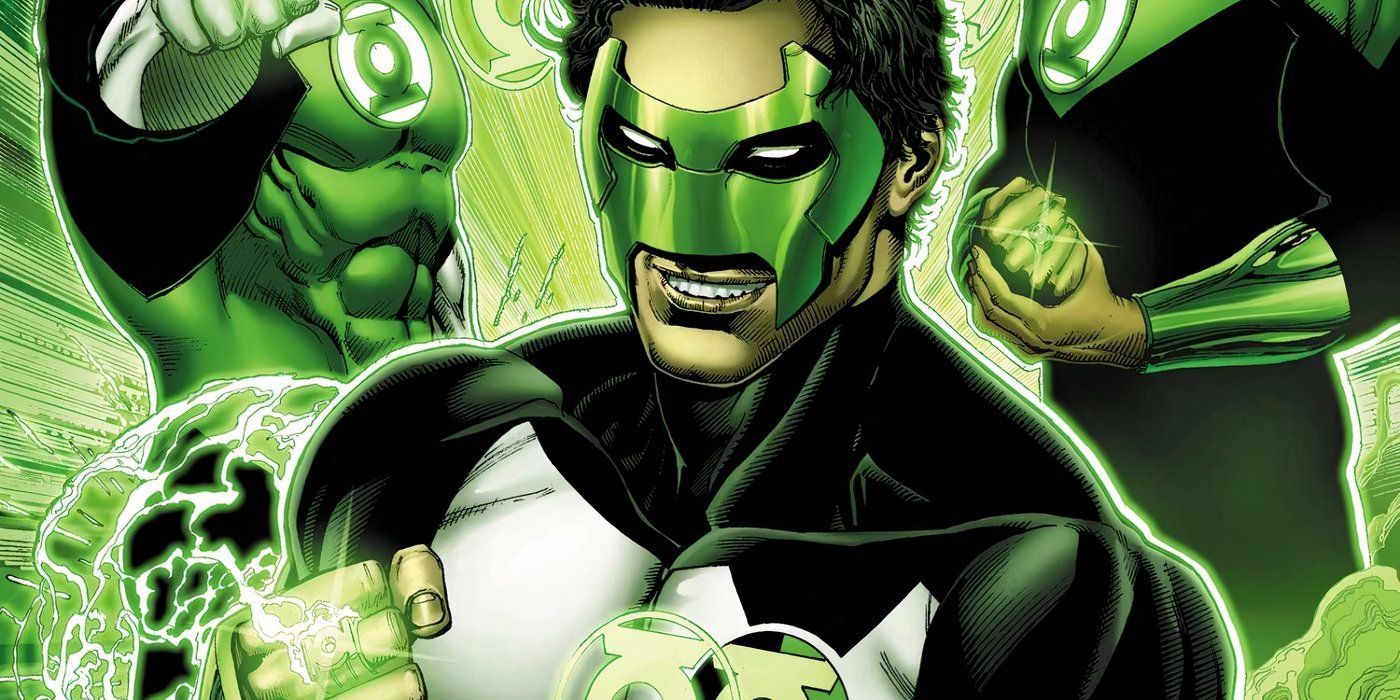

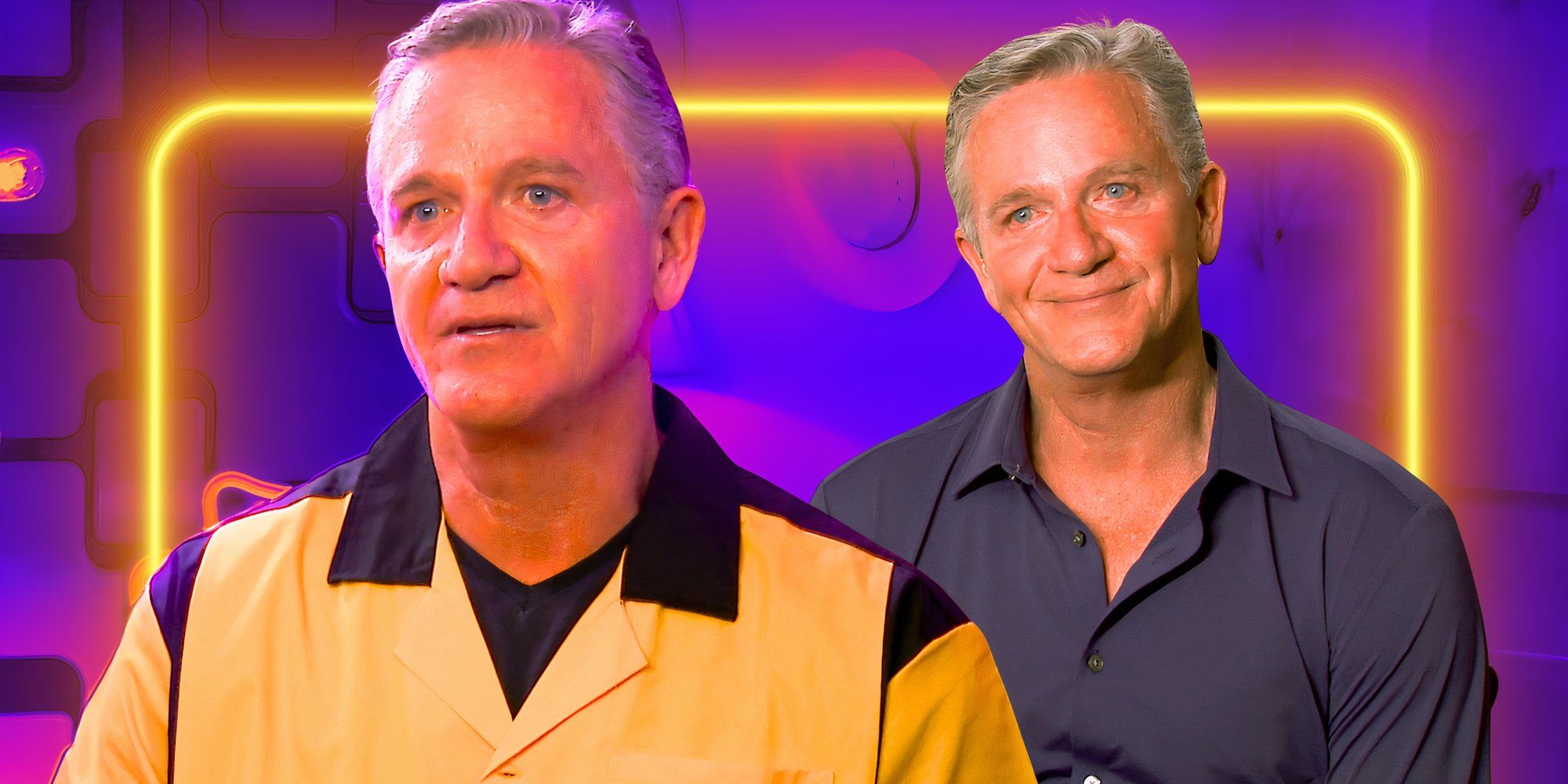
:quality(85):upscale()/2024/10/29/625/n/1922564/ec222ac66720ea653c5af3.84880814_.jpg)
:quality(85):upscale()/2024/10/25/846/n/49351082/bfc0fdb3671bef086c3703.42134063_.jpg)
:quality(85):upscale()/2021/07/06/971/n/1922153/7d765d9b60e4d6de38e888.19462749_.png)
:quality(85):upscale()/2024/10/29/957/n/1922441/c62aba6367215ab0493352.74567072_.jpg)

 English (US) ·
English (US) ·